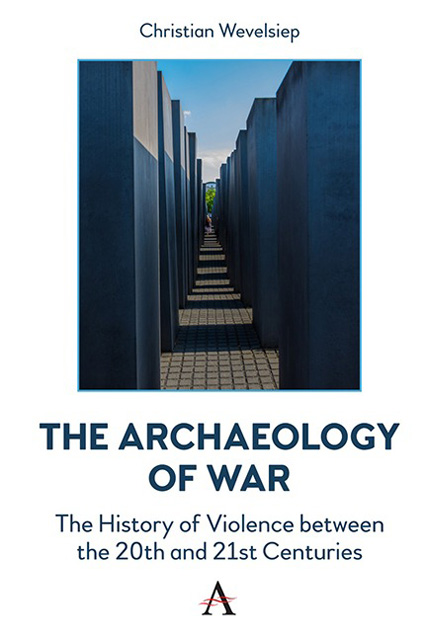Chapter Three - Colonial Violence: The Dark Sides of the Modern State
Published online by Cambridge University Press: 17 October 2023
Summary
Modern societies are in a difficult situation, and not just today. Various scenarios are embellished that conjure up the creeping decline, whereby the focus is less on a concrete form of state and more on an entire culture. Cultures such as the West, whose religious powers are dwindling, are doomed in the long run because decadence and inertia, but above all a loss of meaning, have an impact within (Onfray, 2017). Such narratives, which may overemphasise politics, culture and religiosity, attract attention through their sceptical worldview alone. They are heard and applauded insofar as they give space to speculation that cannot be doubted by any logocentric strategies.
Nevertheless, there are a multitude of reasons to defend the form of modernity and, if possible, to prolong its existence. The following reflections can possibly contribute a part to this and, paradoxically, by drawing attention to the dark sides of history and the present. In this respect, the following remarks are to be understood as a specific form of defence that sharpens the eye for the shallows and negative sides of one’s own.
This negativity can be seen in various dimensions. It concerns the relationship between domination and violence in general and the history of violence of the rising nation state in particular. Put simply, democracy casts a long shadow into the past, which has to do with the categories of order formation, homogenisation and the civilisation of the foreign. However, in order to avoid a one-sided presentation, the historical review must be combined with a political and a cultural–psychological reflection. Here, history, culture, psychology and politics enable an overall view of the shades of the order of modernity. And from this point of view, with an open eye on the historical conditionality of the present, progress in thinking can be hoped for in the best case.
We pick out two examples in the following. Both times, we are dealing with violent events that received little attention for a long time and were only officially recognised after long struggles. Both cases – the colonial violence on the African continent and the genocide of the Armenian people – lead our reflections to situations of suffered violence that are difficult to bear.
- Type
- Chapter
- Information
- The Archaeology of WarThe History of Violence between the 20th and 21st Centuries, pp. 37 - 48Publisher: Anthem PressPrint publication year: 2023



